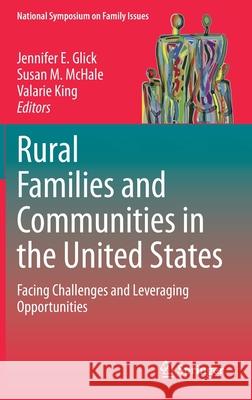Rural Families and Communities in the United States: Facing Challenges and Leveraging Opportunities » książka
topmenu
Rural Families and Communities in the United States: Facing Challenges and Leveraging Opportunities
ISBN-13: 9783030376888 / Angielski / Twarda / 2020 / 277 str.
Rural Families and Communities in the United States: Facing Challenges and Leveraging Opportunities
ISBN-13: 9783030376888 / Angielski / Twarda / 2020 / 277 str.
cena 403,47
(netto: 384,26 VAT: 5%)
Najniższa cena z 30 dni: 385,52
(netto: 384,26 VAT: 5%)
Najniższa cena z 30 dni: 385,52
Termin realizacji zamówienia:
ok. 22 dni roboczych
Bez gwarancji dostawy przed świętami
ok. 22 dni roboczych
Bez gwarancji dostawy przed świętami
Darmowa dostawa!
Kategorie:
Kategorie BISAC:
Wydawca:
Springer
Seria wydawnicza:
Język:
Angielski
ISBN-13:
9783030376888
Rok wydania:
2020
Wydanie:
2020
Numer serii:
000410018
Ilość stron:
277
Waga:
0.58 kg
Wymiary:
23.39 x 15.6 x 1.75
Oprawa:
Twarda
Wolumenów:
01
Dodatkowe informacje:
Wydanie ilustrowane











